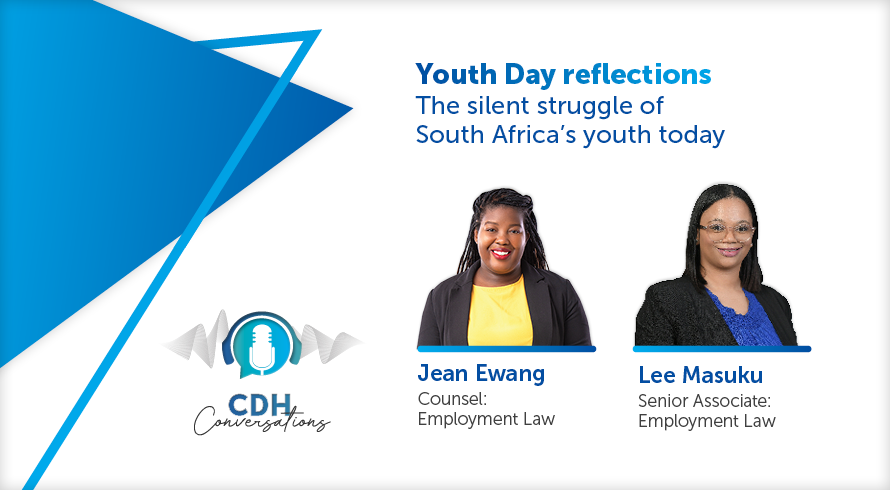Partnerships key to solving issues in mining industry
According to the Chamber of Mines of South Africa, the local mining industry contributed 7.3% to the country’s gross domestic product (GDP) in 2016 and accounted for 18% of private fixed investment and 11% of the total fixed investment in the same year. However, more importantly, the mining industry employed nearly 6% of all people working in South Africa.
While it is difficult to dispute the mining industry’s importance to the South African economy, there are a number of factors, from economic to political, that have taken their toll on the sector.
Underperforming commodity prices have put added pressure on the mining industry, and this looks set to continue for the foreseeable future, driven by a slowdown in demand for precious metals from China and India.
In addition, according to the International Monetary Fund (IMF), projected global growth rates for 2017–18 remain below pre-crisis averages, especially for commodity-exporting emerging and developing economies.
Political uncertainty and interference in fiscal governance has led to the credit downgrades earlier in 2017 which has had a significant effect on the South African mining industry. Furthermore, the uncertainty raised by ambiguous legislative framework, most notably the latest amendments to the Mining Charter, has raised serious concerns among global investors surrounding South Africa as a viable destination for foreign investment.
Then there is the critical imperative in South Africa to ensure real, sustainable and inclusive broad based-black economic empowerment and transformation. To achieve this, it is crucial to adopt policies and legislation which are not inconsistent with the rule of law, particularly the presumption against retrospective application of laws. The South African government must guard against policies and legislative changes which expose the country to legal challenges, which could result in further divestment from a sector of the economy that is important to helping drive inclusive and sustainable economic growth.
Currently, the revisions to the Mining Charter 2017 are ambiguous and create further uncertainty in the mining sector, which will have knock-on effects in other areas of the country.
In an industry as critical as the mining sector, it is imperative to be as clear and precise as possible with regards to legislation and regulation. In their absence, the sector will fail to deliver on its undisputed potential to alleviate economic pressure for millions of South Africans.
There is a real risk that mining companies aggrieved by the amendments to the Mining Charter will not only challenge the South African government through domestic courts, but international investment tribunals for breach of guarantees in terms of existing bilateral investment treaties (BITs) or multilateral investment agreements.
There will only be one loser from these kinds of disputes, namely the people of South Africa. Millions of rands will be incurred to defend poor policy decisions, and there will be a further loss of confidence amongst global investors, which will lead to limited or no job creation or economic development activities from government. In addition, there will be no revenue collection from investors for government’s socio-economic initiatives from mineral resources which could have been mined. Mine development and exploration have already been drastically reduced. This does not bode well for the future.
To overcome these issues, it is imperative for co-operation - for partnerships to flourish between government, mining houses, labour associations and the communities in which they operate. Partnerships are built on trust and good faith through dialogue and understanding.
It is crucial to create a truly inclusive approach in the mining sector that promotes sustainable growth for all - the government must set realistic objectives when it comes to transformation. There has to be an acknowledgement by government that, as much as everyone wants transformation in the mining industry, it will take many years to obtain true transformation.
It is through partnerships that there will be consensus on the needs of all parties involved and what is achievable, with regard to transformation in the mining industry. By having these partnerships, there will not be stringent obligations imposed on mining companies that cannot be achieved. Partnerships will allow for a more realistic approach, one with realistic objectives and clear guidelines on how to achieve true transformation in the industry.
The information and material published on this website is provided for general purposes only and does not constitute legal advice. We make every effort to ensure that the content is updated regularly and to offer the most current and accurate information. Please consult one of our lawyers on any specific legal problem or matter. We accept no responsibility for any loss or damage, whether direct or consequential, which may arise from reliance on the information contained in these pages. Please refer to our full terms and conditions. Copyright © 2026 Cliffe Dekker Hofmeyr. All rights reserved. For permission to reproduce an article or publication, please contact us cliffedekkerhofmeyr@cdhlegal.com.
Subscribe
We support our clients’ strategic and operational needs by offering innovative, integrated and high quality thought leadership. To stay up to date on the latest legal developments that may potentially impact your business, subscribe to our alerts, seminar and webinar invitations.
Subscribe




